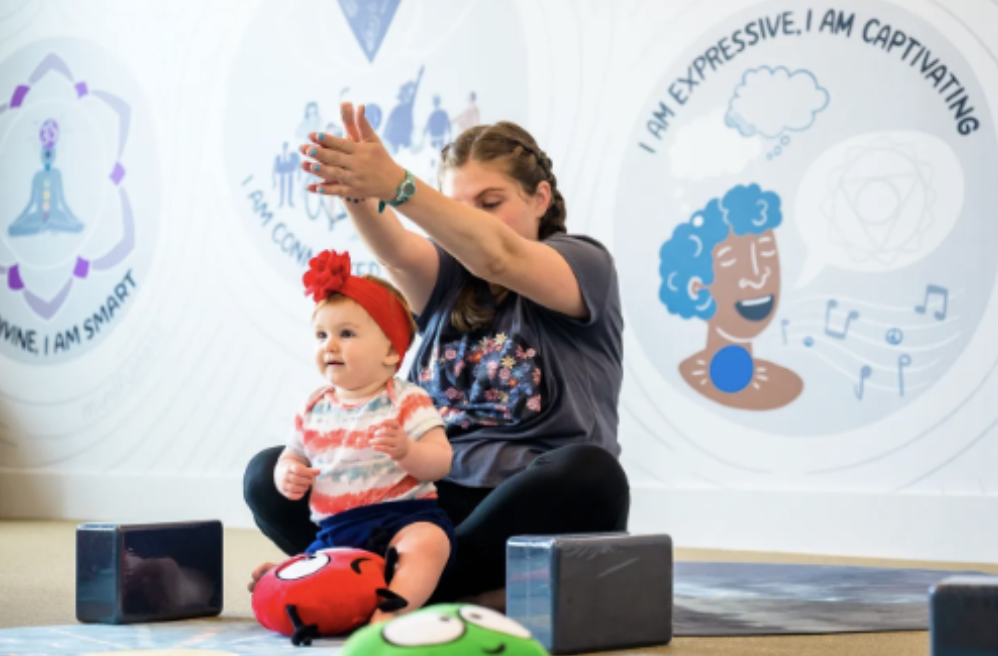Finding Your Balance as a New Parent: The Importance of Self-Care
Becoming a parent is a life-changing experience, whether it is your first child or not. And it can take some time to incorporate this new little person into your family.
At times, having a new baby can feel utterly overwhelming. Sleepless nights on top of juggling the needs of a young child can leave us exhausted, depleted, and stressed.
For the birth parent, recovering from giving birth may add an additional burden.
While it might feel selfish to take time for yourself as a new parent, it is actually far from it. Parenthood is a constant balancing act, and part of achieving that balance is recognizing that you, too, have needs that must be met.
You can only show up for your family if you have the emotional, mental, and physical resources to do so. As the old saying goes, “you can’t pour from an empty cup.”
Making Self-Care a Priority
Finding the time to get your needs met might feel impossible when you have young children. And it does take practice to make self-care a priority. Like any skill, you’ll get better at it the more you give it a go.
In the early days, that often means taking advantage of every single moment that you can to squeeze in some self-care. If you are lucky enough to have a baby who naps, use their nap time. Call on partners, family members, and friends to support you and give you a hand when they can.
Make sure the basics are in place too, as much as you are able. Keep quick, easy, healthy meals on hand. Get outdoors, ideally into green space. Exercise might be the last thing on your mind but can be surprisingly beneficial when you are struggling with sleep deprivation.
Essentially, treat yourself as someone who matters. You are.
Finding Sites of Mutual Fulfillment
One concept that can make a huge difference to your ability to practice self-care as a parent is the idea of ‘sites of mutual fulfillment’. Coined by parenting writer, Lucy Aitken-Read, this term refers to places where both you and your children can have fun and fill your cups.
If you love to be outdoors and your baby naps well in the pram or a sling, going on a daily walk might be a great example of this concept in action. Or perhaps your baby loves music and you’ve bonded with the other parents at your local baby rhyme-time group.
The idea is to find activities, places, and people that work for both you and your baby. One great example is a postnatal yoga class.
Yoga is part of many people’s self-care practice. Because it has both physical and mental benefits, it helps to fill our cups and gives us space to reconnect with ourselves.
The advantage of a dedicated postnatal yoga class is that most will welcome your baby alongside you. No one will bat an eyelid if they are having a fussy day or if you need to feed them in the middle of class.
Many postnatal yoga classes also incorporate poses and activities that involve your baby, making this a fun and enriching experience for them as well as for you. The definition of a site of mutual fulfillment.
How Does Postnatal Yoga Help with Self-Care?
There are many benefits to taking part in a postnatal yoga class after giving birth. One, as we’ve already discussed, is finding an activity that both you and your baby find rewarding.
Of course, there are physical benefits to yoga too. This gentle form of exercise can help you rebuild your strength and ease aches and pains in your back, hips, and neck.
Postnatal yoga classes focus on poses that are safe in the early months after birth and expert teachers can give you tips on how to modify your practice to suit your needs.
Pregnancy and birth cause plenty of changes in our bodies. If you are the birth parent, you might feel like a stranger in your own skin. Yoga can help you reconnect with your physical self and feel at home in your body again.
As a mindfulness practice, yoga also has plenty of benefits for our mental health. Becoming a parent is often a time of heightened stress and anxiety. But taking part in a regular yoga practice can help us to find calm and balance once again.
Yoga may even help to alleviate postnatal depression, according to a 2016 meta-study published by the Journal of Holistic Nursing.
Then there’s the opportunity to bond with other parents. Having a young baby can be isolating, especially if you’re at home alone with them for most of the day. Meeting other people at a similar stage in their parenting journey gives you the chance to build your support network, swap stories, and generally empathize with each other about the incredible rollercoaster that is life as a parent.
And yoga can be fun too! It is a lovely way to connect and bond with your baby, try out something new together, and find some new friends.
Our Little Lotus postnatal yoga classes are open to all parents and caregivers with babies aged from 2-3 months to a year old. Find out more here.
References
Sheffield, K. M., & Woods-Giscombé, C. L. (2016). Efficacy, Feasibility, and Acceptability of Perinatal Yoga on Women’s Mental Health and Well-Being: A Systematic Literature Review. Journal of holistic nursing : official journal of the American Holistic Nurses’ Association, 34(1), 64–79.

January 23, 2024
website design by grit & grace design studio
Copyright 2020-2025 Yogamazia LLC - All Rights Reserved. Yogamazia is registered in the U.S. Patent and Trademark Office by Yogamazia LLC.
DISCLAIMER
terms of use | privacy policy